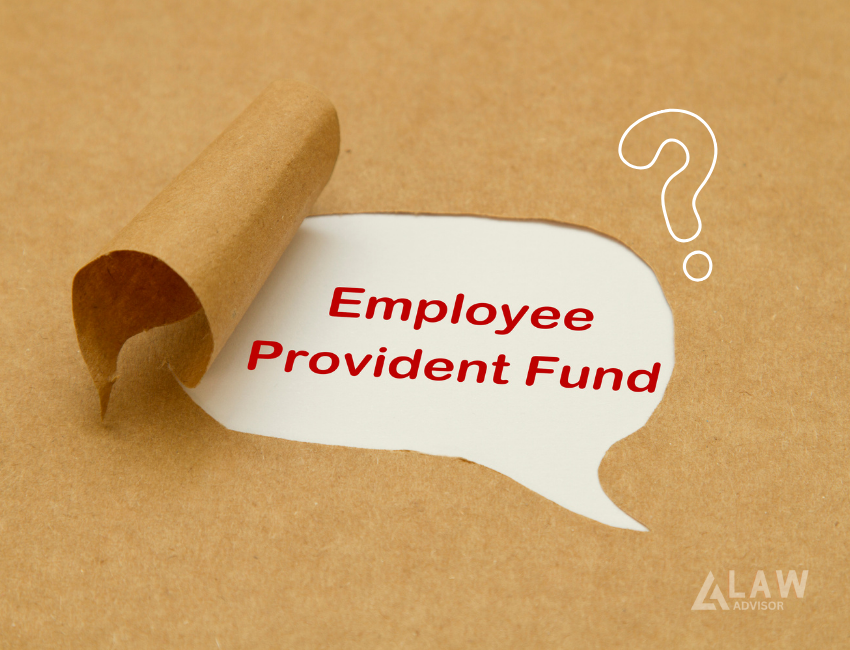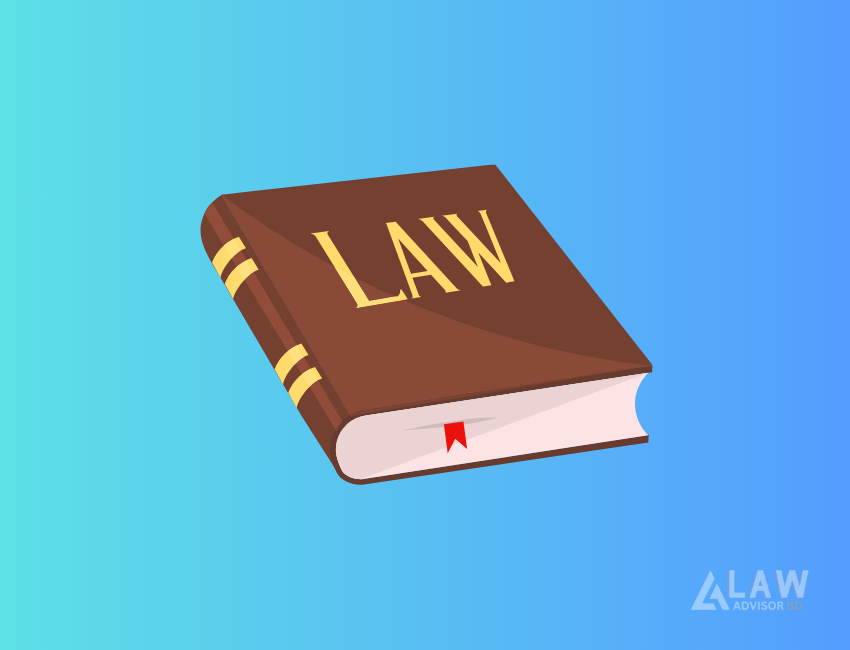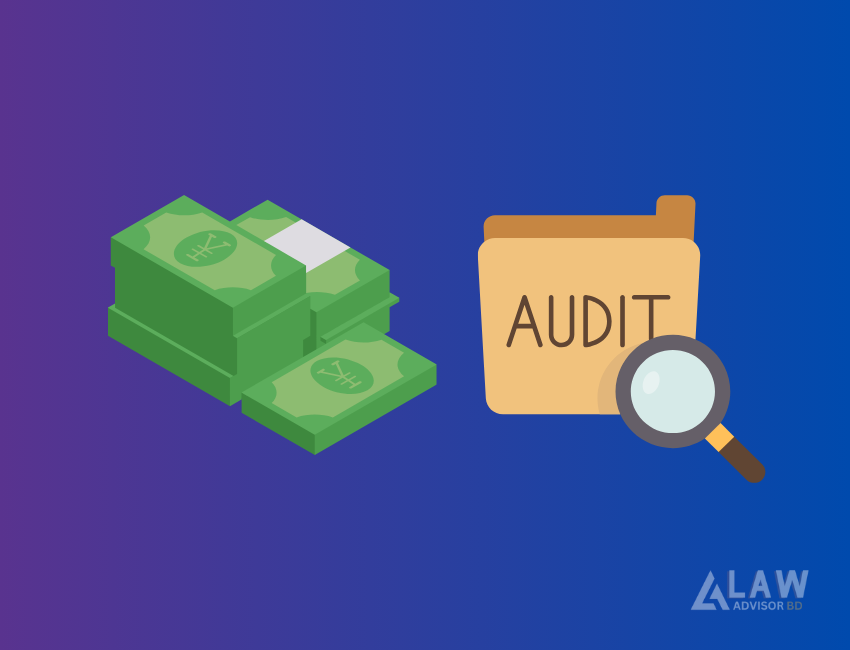Provident Fund Laws and Audit in Bangladesh - What to Know
On This Page
A provident fund comprises the employer and the employees. Both contribute a certain amount of money monthly that will be used for the welfare of the employee’s retirement. But what are the provident fund laws and audit procedures in Bangladesh? Bangladesh’s provident fund laws are mentioned in the Labour Act 2006 and the Labour Rules 2015. According to these laws, a permanent employee will be eligible for provident fund benefits after working at least one year in that company.
The Board of Trustees is responsible for creating and managing a provident fund. This Board typically includes representatives from both the employer and the employees to ensure fair and efficient management. The contributions made by both parties are invested in various financial instruments to generate returns, which are then distributed to employees upon retirement or in other circumstances as defined by the provident fund rules.
The fund must be audited annually by a certified auditor appointed by the Board of Trustees. The audit ensures that the fund is being managed properly, all transactions are accurately recorded, and the investments are made in compliance with the legal requirements. The auditor reviews the financial statements, investment portfolios, and other relevant documents to provide an independent assessment of the fund’s health and integrity.
Get an Appointment Today!
Get an Appointment Today!
What is a Provident Fund and How Does It Work?

A provident fund is a particular type of fund for the employees that benefits them while exiting the company.
Both the employer and the employee contribute to the fund. The employees contribute a percentage of their basic salary, and the employer also adds specific amounts to the fund.
In other words, a provident fund is a retirement scheme run by the government or the company.
The employees and employers make this voluntary investment fund to save for the employees’ retirement.
The contribution percentage to the fund depends on the country’s provident fund laws. However, the contribution percentage of the employees is usually between 2% and 15% of their salary.
The PF (Provident Fund) laws define the minimum age and withdrawal amount. Once the employee retires from the business or job, they can withdraw 100% of the money.
In Bangladesh, the relatives of the employees can withdraw the money after the death of the provident fund holders.
What is Provident Fund Law in Bangladesh?

Bangladesh’s provident fund-related laws can be found in the Labour Act 2006 and the Labour Rules 2015.
According to these acts of Bangladesh, an employer must contribute the same amount to the provident fund as the employees.
That means if the employee pays 12 percent of their basic salary, the company’s owner must pay the same amount to the provident fund.
You shouldn’t mix up the provident fund with the pension fund; the two are entirely different.
As the employees of private companies don’t get the benefits of pension funds, Section 264 of the Labour Act 2006 ensures a provident fund for the welfare of the private sector.
According to this law, the company must create a Board of Trustees responsible for the managing of the fund.
Section 264(5) of the Labour Act 2006 ensures equal participation of the employer and employees. This means the Board of Trustees must have the same number of employers and employees.
Get an Appointment Today!
How to Contribute to the Provident Fund and Get Benefited

Contributing to the provident fund is essential for the employees. This fund provides a considerable return during their retirement.
Consider the subsequent procedure to learn about the entire process of contributing and getting benefits from the provident fund scheme.
Legal Agreement

You must be a permanent company employee to benefit from the provident fund. Usually, temporary workers or employees are not covered by this scheme.
Section 264 (9) of the Labour Act 2006 ensures that permanent employees are part of the provident fund.
After completing one year of service for a company, the employee shall contribute 7-8% of their basic salary to the provident fund monthly.
The Labour Act 2006 also ensures that the employer must contribute to the provident fund. And the amount should be equal to the employee’s contribution.
However, the company has the right to make its own rules and regulations to maintain the provident fund.
But, the company must ensure its offerings are more balanced (not disadvantageous) than the legal guidelines.
Provident Fund Law

The Provident Funds Act of 1925 covers all the provident fund-related rules and regulations.
According to section 17 of the Labour Act 2006, any provident fund created under this act will be the government of the provident fund.
Audit the Fund

The authority must audit the provident fund every year. Auditing the fund each year will benefit both the employers and the employees.
Auditing the provident fund is mandatory yearly according to the Labour Act 2006 (section 14). The authority will audit the income and expenses of the fund.
Financial Audit

Usually, a company’s financial audit is conducted annually. This audit includes the checking of financial records, transactions, and statements.
An annual financial audit is essential for several reasons. For instance, this helps a business reach its goal, prevents suspicious transfers, and enhances its value.
Similarly, auditing the provident fund also has several benefits. For example, the authority can regulate the fund’s income, expenses, and reimbursement.
Tax Document
There is a chance of getting an income tax exemption for the provident fund amount. Usually, the NBR-recognized company’s provident funds members are eligible for income tax exemption.
Wrap Up
Setting up, contributing, and benefiting from the provident fund are controlled by the Provident Funds Act and Labour Act of Bangladesh.
Contributing to the provident fund is considered an investment for the future. Bangladesh government protects and monitors private employees’ rights to enjoy the provident fund benefits after retirement.
To learn more or to get expert advice, you can contact Law Advisor BD.
Get an Appointment Today!
FAQs
Previously, the PF tax was 27.5% in Bangladesh. However, the National Board of Revenue (NBR) has decreased the PF and other pension fund tax to 15%. In the current financial year, the tax on provident fund’s income is 12.5% less than the previous year.
The primary difference between a provident and a pension fund is in the payment of money. While a provident fund member can withdraw the total cash, a pension fund member can only withdraw one-third of the money. The other two-thirds will be paid monthly.
For the business, a provident fund is considered a liability. When the employee retires, the company has to pay the funds back to the employee, which makes it a liability.
The government of Bangladesh pays 13% interest on provident funds, which applies to up to 15 lakh taka. This is the highest interest rate on deposits from the government.

